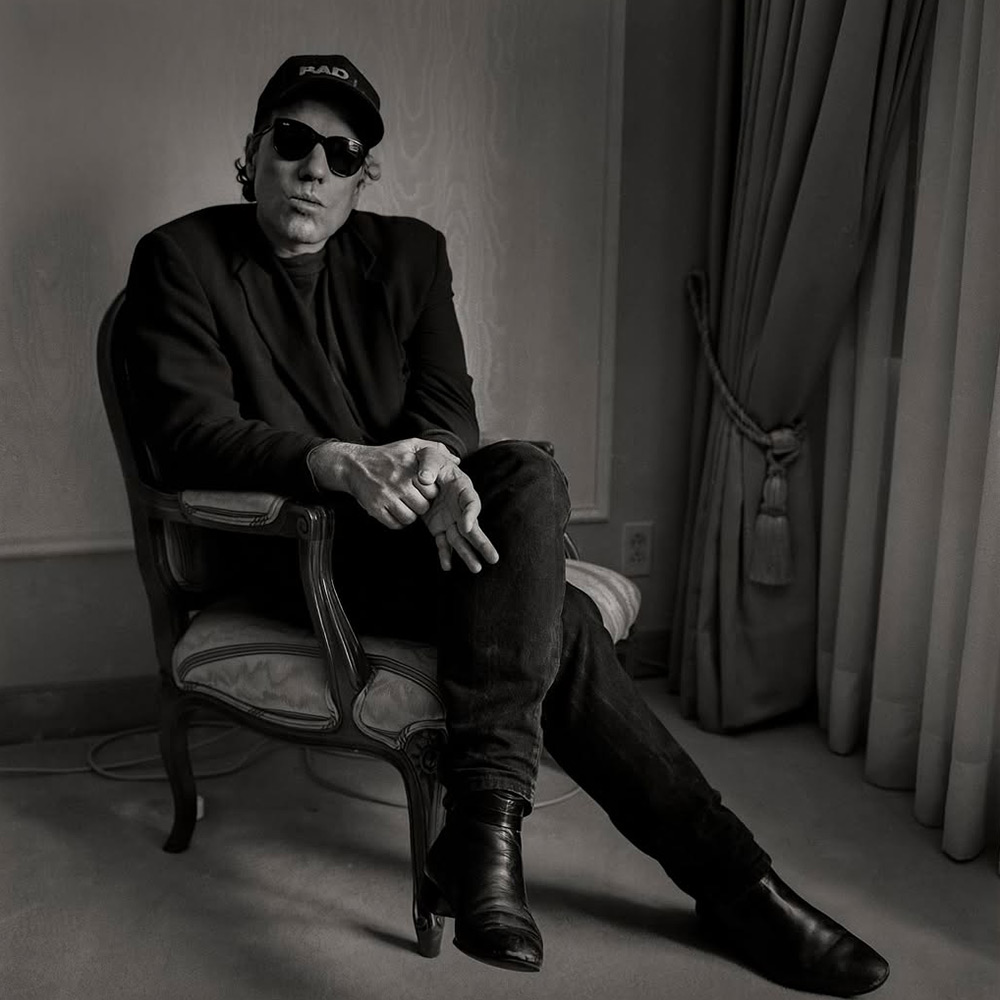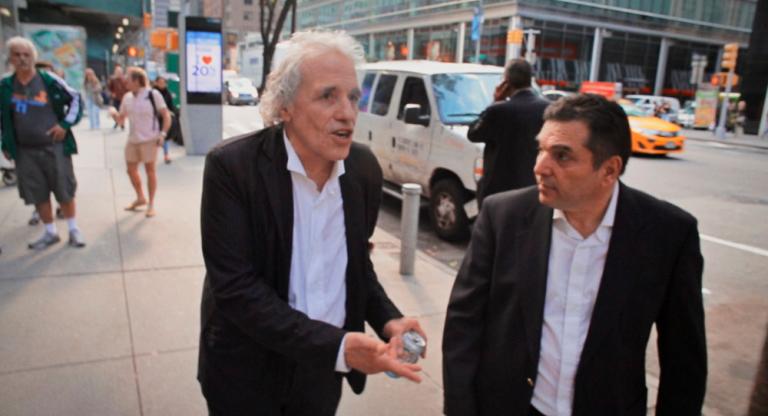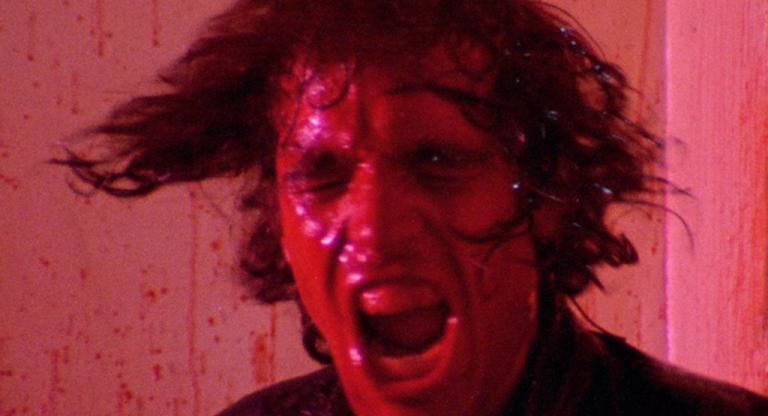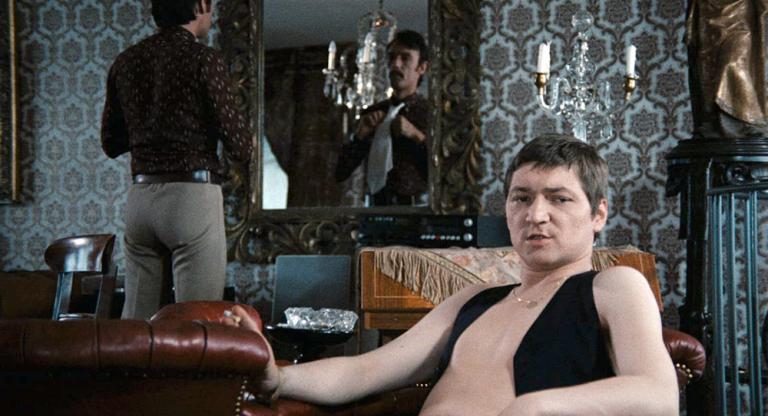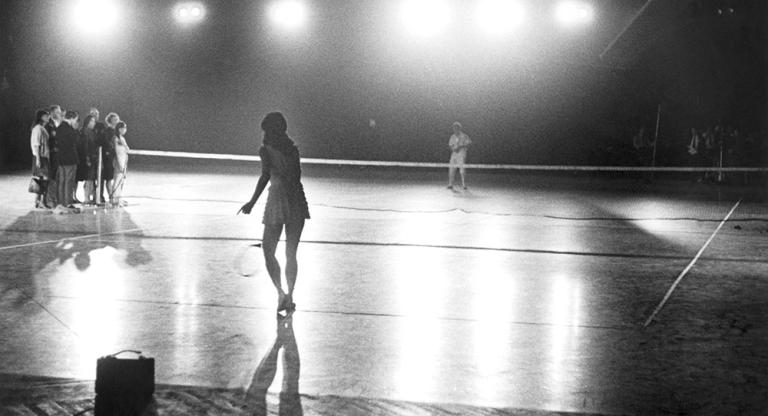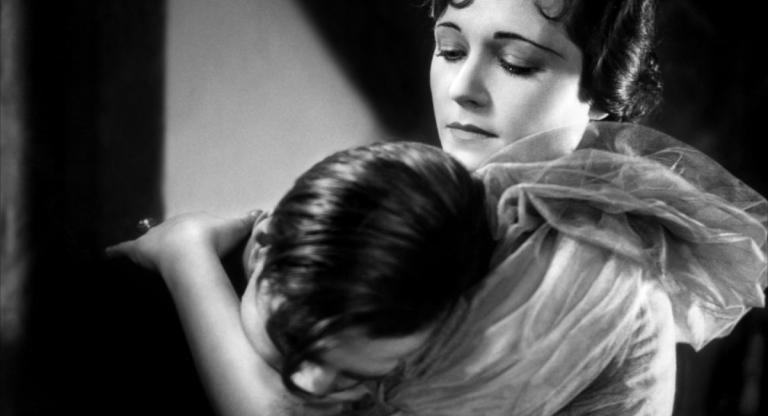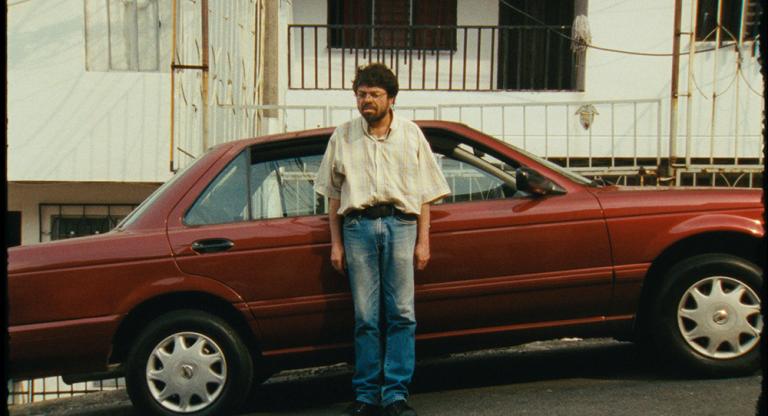I’ve been waiting for this one—from the holy fool of downtown cinema himself. The sleazebag who made Bad Lieutenant, King of New York, Ms. 45, Dangerous Game, and The Blackout—films that reek of crack smoke, Catholic guilt, and late-night regret. Abel Ferrara’s Scene: A Memoir isn’t some sanitized vanity project; it’s more like a street corner confession—or, depending on your appetite, a demonic instruction manual.
Back in my adolescent Miami film dork circle, Ferrara’s name was always uttered alongside Scorsese and Coppola. Bad Lieutenant and King of New York were our crystal balls into the adult world, rerun endlessly on late-’90s HBO and viewed by us through the haze of smoke from the cigarettes we had stolen from our parents. Having read the memoirs of Richard Burton, Dirk Bogarde, David Lynch, and Errol Flynn over the past year, I approached Scene with certain expectations for the show-biz tell-all format. But Ferrara’s book hit me like a brick through the window.
Ferrara writes the way he films: messy, manic, and shot through with revelation. It’s all here: the junkie years, the art, the hustles, the girlfriends, and the ever-present Catholic shame. One moment he’s detailing his next fix, the next he’s recounting how Harvey Keitel literally tossed the Bad Lieutenant script into a trash can. Redemption hiding inside a garbage can—that’s Ferrara’s theology in one image.
He never separates his life from his work, which is both the charm and the curse. His memoir reads like a lived-in cinematic manifesto based on decades of eating shit, shooting on fumes, and trying to turn trash into art. The honesty stings. He admits to losing a million-dollar directing gig on Carlito’s Way after stealing a bottle of wine from the head of Universal Studios at Cannes; to paying Asia Argento $1,500 a week in singles for New Rose Hotel; to treating the “These Boots Are Made for Walkin’” needle drop in Full Metal Jacket as a near-religious awakening.
And then there are the lurid details. Cocaine and burnt celluloid, film cans stacked beside Uzi-armed dealers on Avenue A, and dawns spent coming down while the assistants clocked in. He opens one chapter with a grimly comic “how-to” on cooking crack: “it gives off the most beautiful smoke, the sweetest smell, and a taste that’s even better … you have to be Dante to describe where one hit leads you.” Between binges he’s cutting King of New York, bouncing from flatbed to after-hours dives, and wondering which came first: the art or the addiction. There’s a haunting scene on the Bad Lieutenant set, where he walks into a Jersey church to find “Fuck” spray-painted across the altar—a bad omen, he admits, and one he’s still trying to atone for. Through it all the book keeps its pulse on the gutter: a filmmaker teetering between revelation and relapse, truth and delirium, still convinced the movie isn’t over yet.
Ferrara’s New York is long gone, but he resurrects it here: 42nd Street grindhouses, mobbed-up producers, after-hours cocaine chaos, priests and pornographers sitting side-by-side in the audience. A city where film felt dangerous, handmade, alive.
In the end, Scene is a perfect Ferrara film in book form—rambling, nonlinear, sometimes deranged. He’s never chased perfection, only truth.
